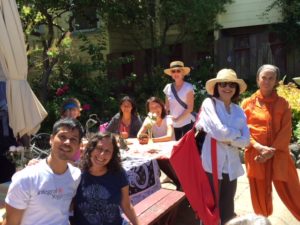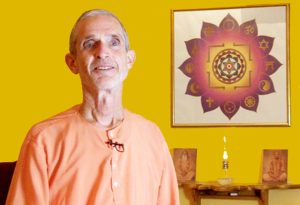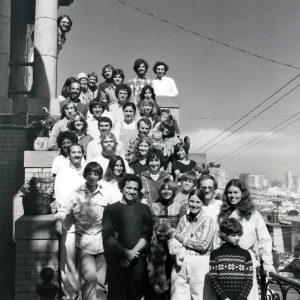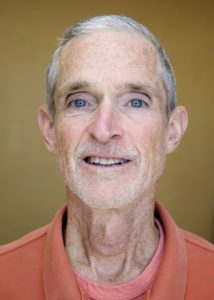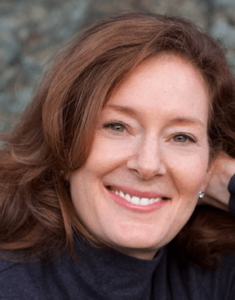The Importance of Spiritual Community
by Swami Ramananda
As we gather for various events celebrating the 50-year anniversary of Integral Yoga in San Francisco, we are reminded again and again of the importance of spiritual community. We have committed ourselves this month to making good use of the support and inspiration we derive from practicing Yoga together, and contributing to the strength of our community in any way that we can.
Both the Yoga and Buddhist traditions use the word sangha to signify spiritual community – those who share the same spiritual values and offer a source of support to each other. In Buddhism, sangha is considered one of the three forms of refuge for a spiritual seeker, along with the Buddha and the Dharma. Yoga teachings also consider spiritual community to be an essential element of a spiritual path.
Walking the spiritual path challenges us to examine the moments when we find it difficult to be at peace in ourselves and compassionate with others. It requires a steady effort to disengage ourselves from habitual, self-centered thinking and most of us need a regular meditation practice to be free of such deeply ingrained patterns.
Both of these efforts—to self-reflect on our behavior and to meditate regularly—can be difficult when we feel upset or overwhelmed, and we can easily get discouraged when we don’t have any support. Sharing our struggles with like-minded seekers puts things in perspective, helps us develop self-awareness, and brings relief from feeling alone with our efforts.
The support and safety of a group can help us let down defenses and be more honest with ourselves. It can inspire us to have more compassion for ourselves and each other and be a great source of inspiration. When we practice Yoga or meditation together, the group energy helps us focus and uplift the mind beyond what we can do alone.
Our culture instills in us the belief that happiness can be acquired, which keeps us stuck in the head, measuring, judging and planning to arrange our lives. Spiritual community brings us back into our hearts where we can feel our natural connection to the whole web of life. In the heart, we can sense that the events in our lives are part of a bigger picture than our limited minds can know.
I encourage all Yoga practitioners to gather with sangha whenever possible to share the ups and downs of living a spiritual life, to give and receive support. Even when it’s not possible to practice Yoga together or attend a scripture study group, books and videos can be another source of sangha. Technology makes it possible to share the spiritual journey even with those living far from us. We don’t need to walk the path alone.
I invite those of you living close to us in San Francisco to join our weekly scripture study group on Mondays at 6:30 pm, where Swami Divyananda will guide us in a study of the Bhagavad Gita during the month of March. Please also consider joining us for any of the many free events at our 50-year anniversary celebration March 14 and 15.
Swami Ramananda is the President of the Integral Yoga Institute in San Francisco and a greatly respected senior teacher in the Integral Yoga tradition, who has been practicing Yoga for over 35 years. Ramananda offers practical methods of integrating the timeless teachings and practices of yoga into daily life, and transforming the painful aspects of human experience into steps toward realizing one’s full potential.
He leads beginner, intermediate and advanced level yoga teacher training programs in San Francisco, and offers a variety of programs in many locations in the U. S., Europe and South America. Ramananda trains Yoga teachers to bring Yoga into corporate, hospital and medical settings and has taught mind/body wellness programs in many locations. He is a founding board member of the Yoga Alliance, a national registry that supports and promotes yoga teachers as professionals. His warmth, wisdom and sense of humor have endeared him to many.

